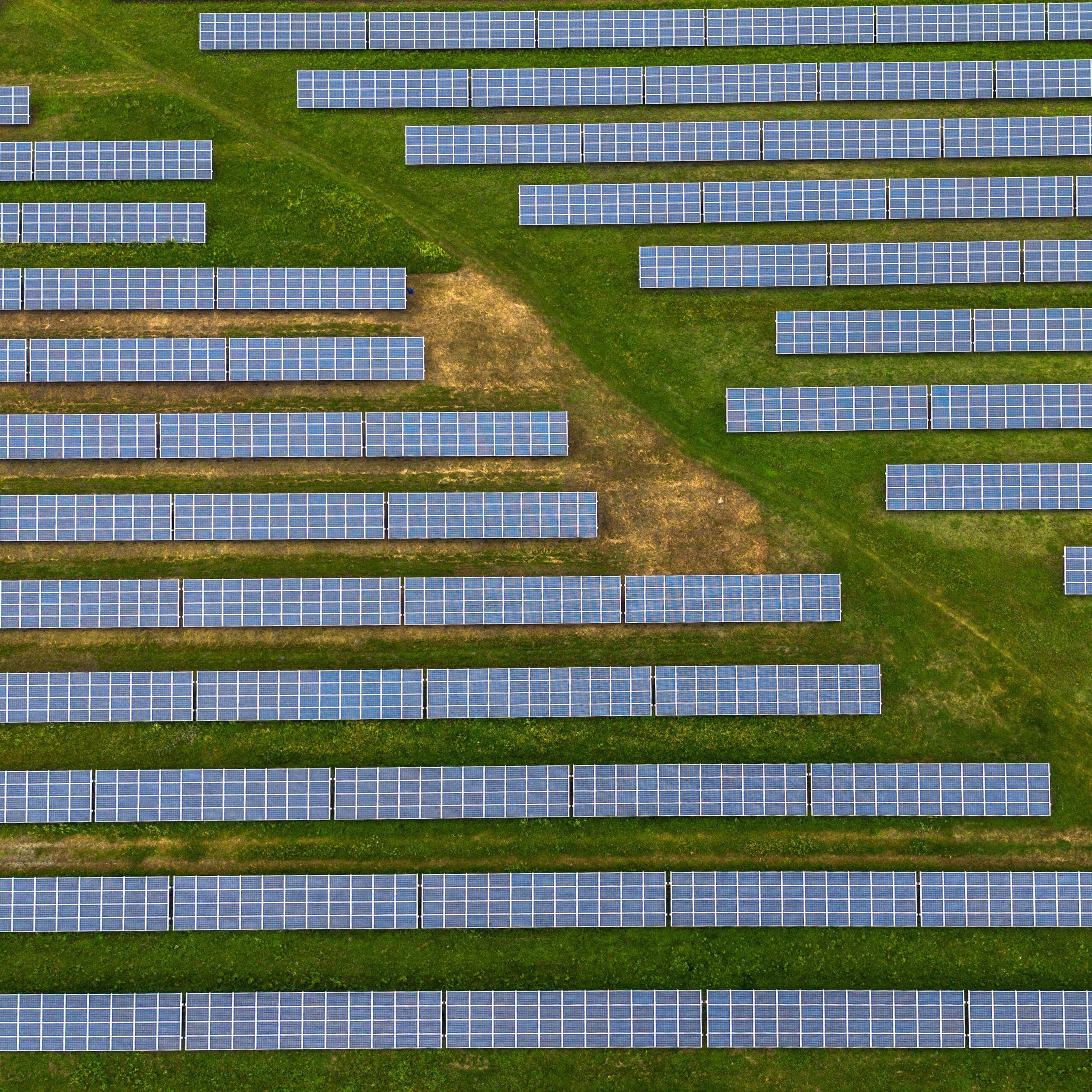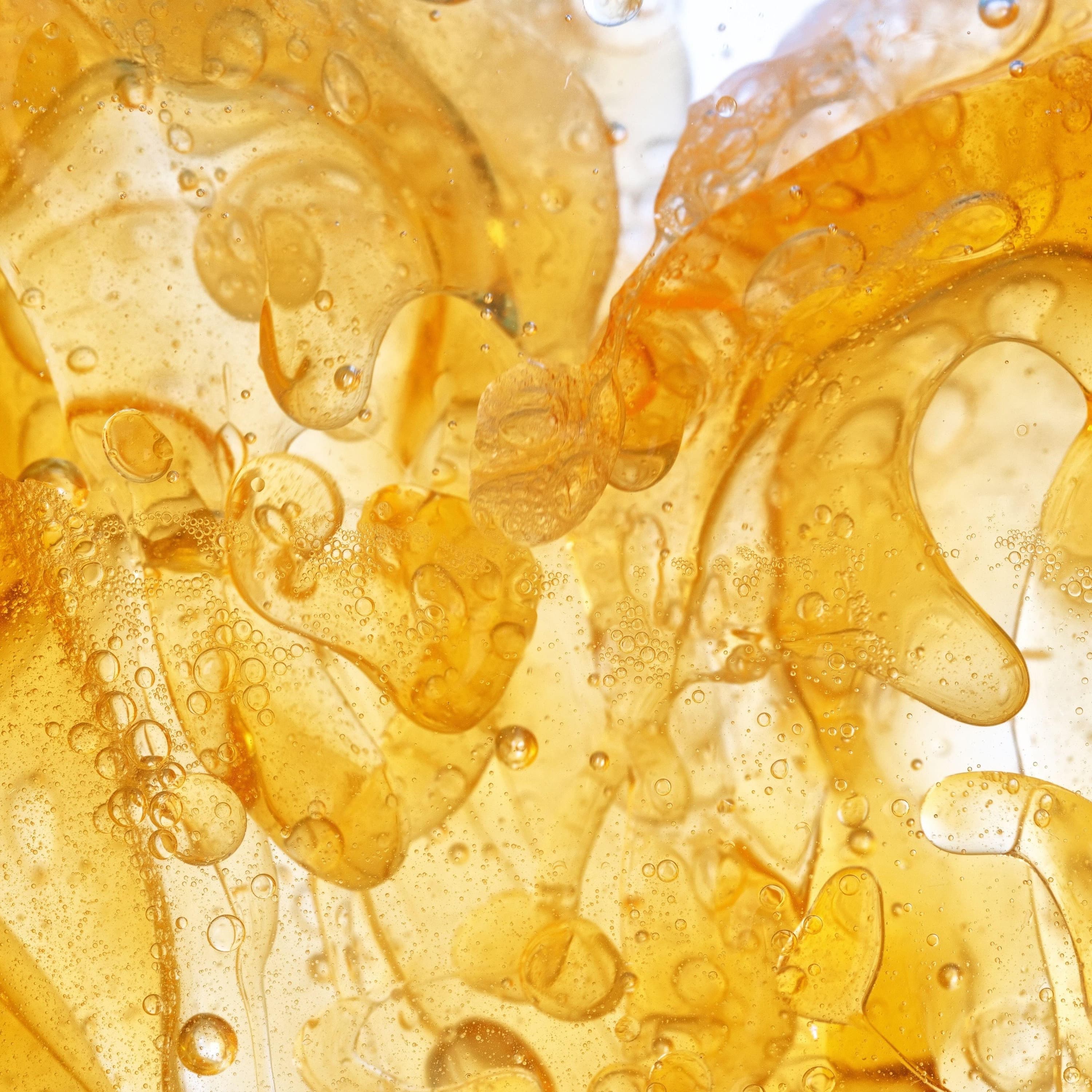
‘Soft and calorie dense’: Chris van Tulleken on how ultra-processed foods keep us hooked
Loading player...
Dr Chris van Tulleken has been at the forefront of the campaign to change our food system and better regulate the sale of ultra-processed foods (UPF). This year he will be giving the Royal Institution Christmas lectures, Britain’s most prestigious public science lectures, in which he’ll be investigating how food has fundamentally shaped human evolution, the importance of our microbiome – as the extra ‘organ’ we didn’t know we had – and how we can all eat better in future, for the sake of our own health and the health of the planet. Nicola Davis sat down with Van Tulleken to discuss the lectures, the challenge of understanding the impact of UPFs on our health, and his top tip for Christmas dinner. Madeleine Finlay hears from them both in this Christmas special edition of Science Weekly. Help support our independent journalism at theguardian.com/sciencepod





